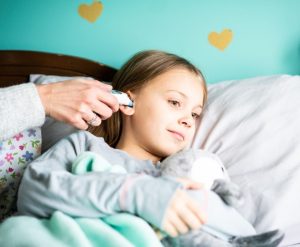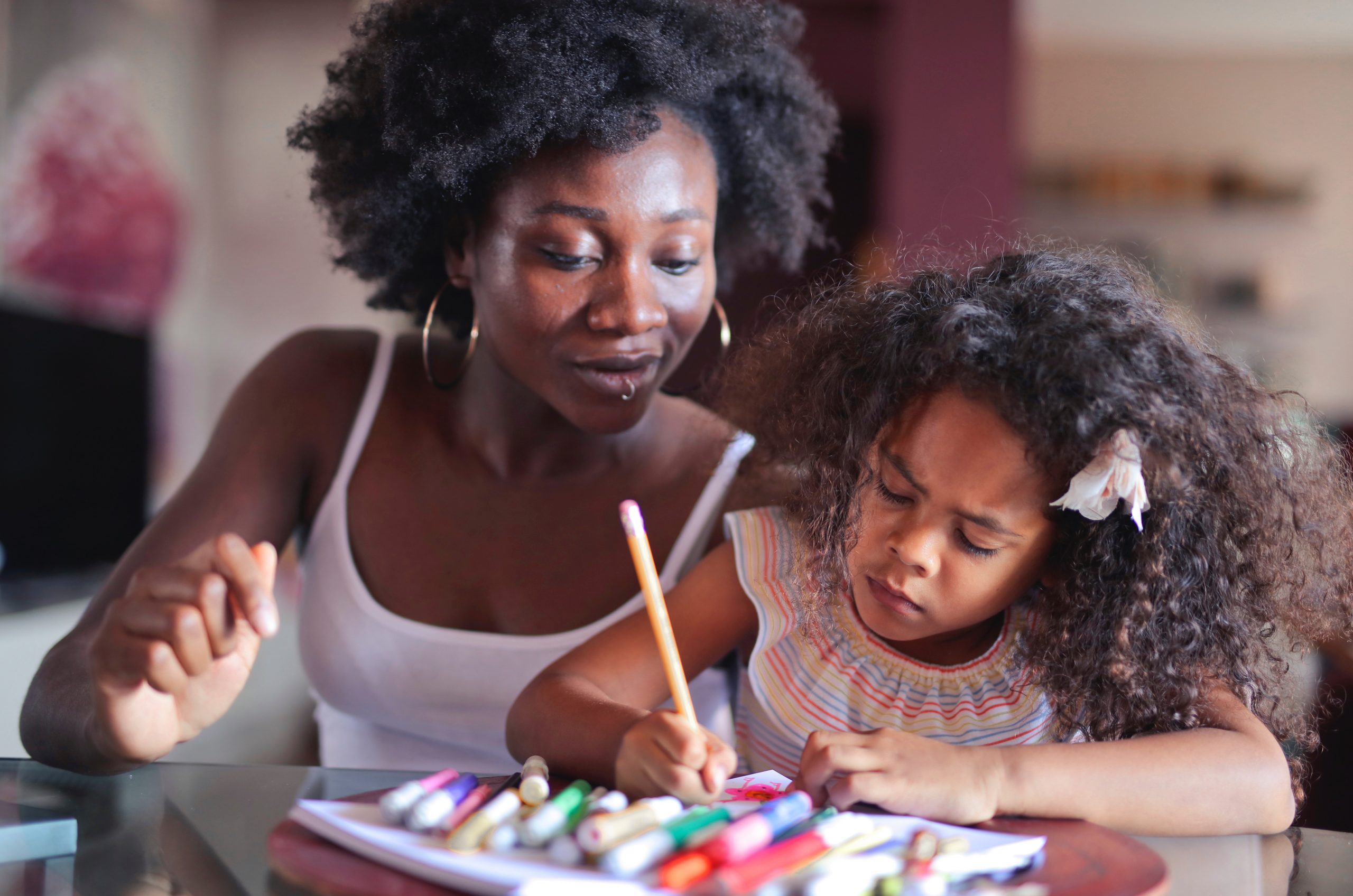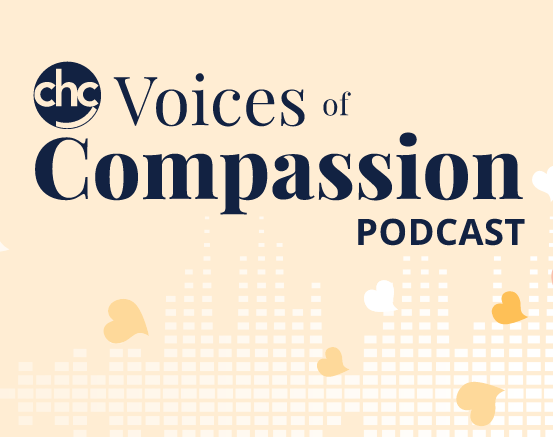How to Keep Your Child Safe From the Delta Variant
 It’s inevitable that when kids mix as they head back to school, germs spread. And in a pandemic year fueled by the delta variant, some of those germs may cause COVID-19. The CDC has advice for keeping your child protected from this highly contagious version of the coronavirus now and this fall: Mask up in schools and other crowded venues, and make sure everyone age 12 and older in the family gets a COVID-19 shot.
It’s inevitable that when kids mix as they head back to school, germs spread. And in a pandemic year fueled by the delta variant, some of those germs may cause COVID-19. The CDC has advice for keeping your child protected from this highly contagious version of the coronavirus now and this fall: Mask up in schools and other crowded venues, and make sure everyone age 12 and older in the family gets a COVID-19 shot.
But what if your kids are younger than that? What if they develop symptoms or come into contact with someone who tests positive for the coronavirus?
NPR asked several public health experts — all parents — about their personal strategies for keeping their kids and families safe these days.
What Do I Do if My Kid Wakes Up with the Sniffles?
Keep your child at home and consult the pediatrician.
“This happened to us [recently], for camp,” says Seema Lakdawala, a virologist who studies flu transmission at the University of Pittsburgh.
She kept her daughter home and then called the pediatrician to talk through her symptoms. The likely culprit was allergies, the doctor told her. Sure enough, when Lakdawala gave her daughter allergy medication, her symptoms resolved.
Test for the coronavirus when warranted.
Ahead of those sniffles, while everyone’s healthy, figure out where your child and others in your home can get PCR-tested for the coronavirus on short notice with quick results. Dr. Cassandra Pierre, medical director of public health programs at Boston Medical Center and the parent of 3-year-old twins recommends keeping your child at home until those test results come back.
Another option is to buy some over-the-counter, rapid antigen tests from the pharmacy now and keep them in your medicine cabinet for a time when you might need them, says Gigi Gronvall, an immunologist and researcher at the Johns Hopkins Center for Health Security.
Even if those symptoms turn out to be “just a cold,” try not to spread it.
Whatever your child’s COVID-19 status, please don’t send them back to school if they’re still coughing and sneezing, Pierre says.
If kids must return to camp or school or day care with mild cold symptoms, they should wear masks consistently, says Dr. Monica Gandhi, an infectious disease doctor at UCSF.
What If My Child Tests Positive for the Coronavirus?
“Don’t panic,” says Pierre. Most cases of COVID-19 in children are mild. Keep a close eye on your child and check in with the pediatrician, particularly if your child has underlying health conditions that may need monitoring.
Think ahead of time about who will take care of whom — and how — if somebody gets sick.
If indoor space is shared with a sick person, everyone in the house should wear masks as much as possible, says Gandhi. This means at all times, except when eating, drinking and sleeping. For the sick person, this reduces the amount of virus they exhale into the air, and for others in the household, it limits the amount of virus they breathe in.
Get fresh air into the house to disperse any clouds of virus that may be lingering in the air, Lakdawala advises: “Open the windows, turn on the fans, get some air circulating.”
Another possible route of transmission is picking up the live virus on your hands and touching your eyes, nose or mouth. So periodically clean and disinfect shared surfaces such as the bathroom counter or kitchen table, particularly if a sick person has been coughing or sneezing nearby, Pierre says. After a few days (the CDC recommends three to five days after a known exposure), it’s a good idea to get the rest of the household tested for the coronavirus.
The best defense, Pierre says, is vaccines. “We really should be thinking about getting as many people in the household vaccinated as possible to protect themselves, but also to protect the child.” Vaccinated people can provide care without needing to quarantine, so long as they remain healthy, without COVID-19 symptoms.
Excerpted from “How to Keep Your Child Safe From the Delta Variant” from KQED News. Read the full article online for more details on the above as well as answers to the following questions:
- What Kind of Mask Should a Child Wear?
- Is It OK to Hug Our Kids When They’re Sick with COVID-19?
- What Do I Do if My Child Is Sent Home From School After a COVID-19 Exposure?
Source: KQED | How to Keep Your Child Safe From the Delta Variant, https://www.kqed.org/news/11884622/how-to-keep-your-child-safe-from-the-delta-variant |
Do you need someone to talk to? To schedule an evaluation or to get advice about your child’s challenges, call or email a CHC Care Coordinator at 650.688.3625 or careteam@chconline.org CHC teletherapy services are available now.




